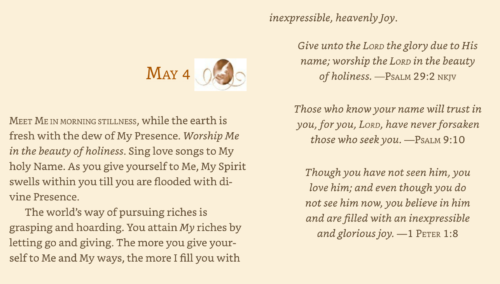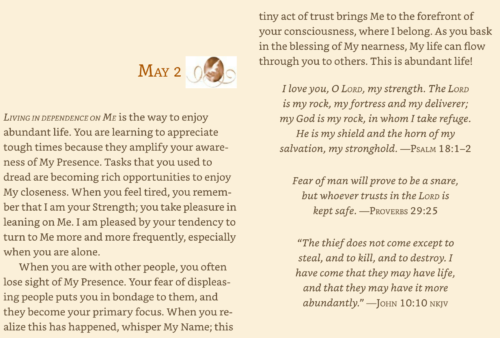The basic I-You can be spoken only with one’s whole being. . . . I require a You to become; becoming I, I say You. All actual life is encounter.
—Martin Buber, I and Thou
Lyrics to Someday….
Sexual harassment – nuclear reactors
Natural disasters from here to L.A.
Drug importers
New world order
Wars over borders
Murder on the subway
The social classes – the high rise of taxes
Diplomats are passive with a promise again
Talk of recession – people in depression
Dow Jones, bank loans, the Japanese yen
I wait for Kingdom Come
When love will be here to stay
It will change us, everyone
Someday, someday
Violence in the movies
Drive-by shootings
Rioting and looting
With the boys in the hood
Cults and religions
Deadly premonitions
Fiery oppositions
Evil battling good
AIDS awareness
Temporary marriage
Pro-life, pro-choice
Roe v. Wade
Ethics and the Media
Tabloid T.V.
The Kennedy conspiracy
The trial of O.J.
I wait for kingdom come
When love will be here to stay
It will change us everyone
Someday, someday
There peace will make a stand
And the anger will fall away
We’ll see the lion with the lamb
Someday, someday, someday
Ooh, ooh
Oh someday
Ooh yeah
I wait for kingdom come
When love will be here to stay
It will change us everyone
Someday, someday
There peace will make a stand
And the anger will fall away
We’ll see the lion with the lamb
Someday, someday, someday
Someday, someday
There peace will make a stand
And the anger will fall away
We’ll see the lion with the lamb
Someday, someday
Theologian Pamela Cooper-White has thought deeply about gender and sexual violence, and believes that at its heart, violence is a failure to see the other person as a person.
Violence against women is connected to all other forms of violence, just as all living beings are, in reality and in spite of our forgetfulness or callous indifference, interconnected. We are confronted daily with the many forms of violence in our world. We often end up feeling that our powers are fragmented, as one worthy cause after another is lifted up. . . . What is needed is a way for understanding how, from a personal and holistic perspective, all violence is one.
All violence begins with the personal, with the I, and with a point of decision, a crossing of a line, where each of us chooses momentarily to view another living being as an It rather than a Thou. The ultimate purpose of each act of violence, each reduction of another person from a Thou to an It, is to control the other. . . . Our choices matter, even on what seems like a small scale. They have resonance in the universe. When we truly see another person or living being as a Thou, we cannot dominate or control them. We then must enter into a different kind of covenant, where power is shared. This is the “universal reciprocity” that Buber recognized as mysterious, connected with the divine. . . .
The I-Thou relationship is not simply an attitude of love toward others—although it is that—but also actions of making connections and actively working for justice. . . . The gospel message that is the great ethic of our faith is that we do reach out across borders and across cultures, both within the United States and abroad, and we honor the millions of Thous of every race and creed whom we recognize as our brothers and sisters throughout our neighborhoods and throughout the world. [1]
For Father Richard, Jesus becomes a person so that we, too, can receive and pass on the divine gaze of love: The intimacy of what Martin Buber called an “I-Thou” relationship is a deep and loving “yes” to God, to others, and to the life that is inherent within each of us. When the face of the other (especially the suffering face) is received and empathized with, it leads to transformation of our whole being. It creates a moral demand on our heart that is far more compelling than laws. Just giving people commandments doesn’t change the heart. It may steel the will, but it doesn’t soften the heart like an I-Thou encounter can. Many of the Christian mystics talk about seeing the divine face or falling in love with the face of Jesus. Love is the gaze that does us in!
Sarah Young…..
Do not search for security in this world nor seek to gain control of your life. Focus instead on My presence.
Hebrews 3:1
Therefore, holy brothers and sisters, who share in the heavenly calling, fix your thoughts on Jesus, whom we acknowledge as our apostle and high priest
Isaiah 26:3 NKJV
Thou wilt keep him in perfect peace, whose mind is stayed on thee: because he trusteth in thee.
2 Corinthians 4:18
While we look not at the things which are seen, but at the things which are not seen: for the things which are seen are temporal; but the things which are not seen are eternal.

